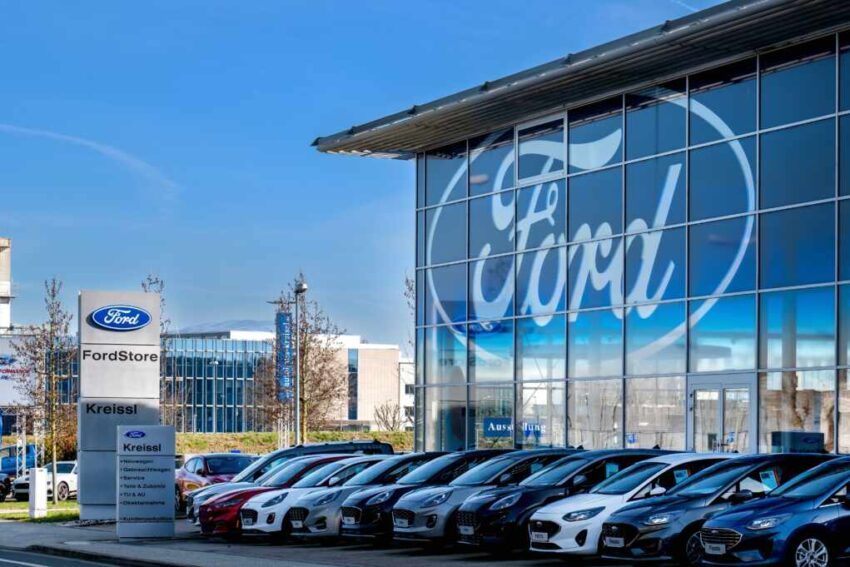Ford Vice Chair John Lawler declared on June 14, 2025, that combustion engines are no longer key differentiators for consumers, signaling a major shift toward outsourcing and Chinese-made powertrains.
At a Glance
- At Bernstein’s Strategic Decisions Conference, Lawler said most buyers don’t care about powertrains like they did 30 years ago.
- Ford may outsource engine and transmission production to cut costs and leverage supplier scale.
- The company already uses Volkswagen-sourced powertrains in some models and may expand similar partnerships.
- The shift is driven by EV adoption and changing consumer priorities, valuing features and price over traditional engines.
- Enthusiast backlash is growing, with critics warning Ford risks losing brand identity and loyal performance buyers.
Engines Lose Their Appeal
Speaking at Bernstein’s Strategic Decisions Conference, Lawler said, “I don’t think that consumers really think about powertrains the way they did 30 years ago,” arguing that traditional metrics like horsepower and displacement no longer drive purchase decisions. He added that internal combustion engine development will “consolidate” and eventually be outsourced to suppliers.
Ford is already leaning into partnerships—its Transit Connect uses Volkswagen-sourced engines, and new EVs like the Explorer and Capri ride on platforms developed overseas. The goal: slash R&D costs while offering vehicles that align with consumer priorities like connectivity and pricing.
Watch a report: Ford Says Engines Don’t Matter Anymore? The Shocking …
Concern Among Enthusiasts and Critics
Lawler’s remarks sparked immediate backlash across enthusiast communities. One Redditor wrote, “Ford only produces one car… engine does matter,” reflecting fears that legacy identity is being traded for short-term efficiency.
On Blue Oval Forums, long-time customers warned that replacing proprietary powertrains with supplier units risks alienating loyal buyers. Critics argue that Ford is abandoning a century of brand-defining engineering at the worst possible moment—when rivals like Toyota and GM are reinforcing their engine credentials.
What’s Next for Ford?
Despite the backlash, Ford plans to retain in-house production of EcoBoost and V8 engines under current UAW contracts. But as EVs gain ground and ICE sales slow, the brand is preparing to reduce its lineup of proprietary powerplants.
Lawler’s comments suggest that consumers increasingly treat cars like appliances—valuing fuel economy, digital interfaces, and monthly payments over mechanical heritage. Whether Ford can preserve its identity while outsourcing its core engineering remains an open—and fiercely debated—question.
Click this link for the original source of this article.
Author: Editor
This content is courtesy of, and owned and copyrighted by, https://deepstatetribunal.com and its author. This content is made available by use of the public RSS feed offered by the host site and is used for educational purposes only. If you are the author or represent the host site and would like this content removed now and in the future, please contact USSANews.com using the email address in the Contact page found in the website menu.








